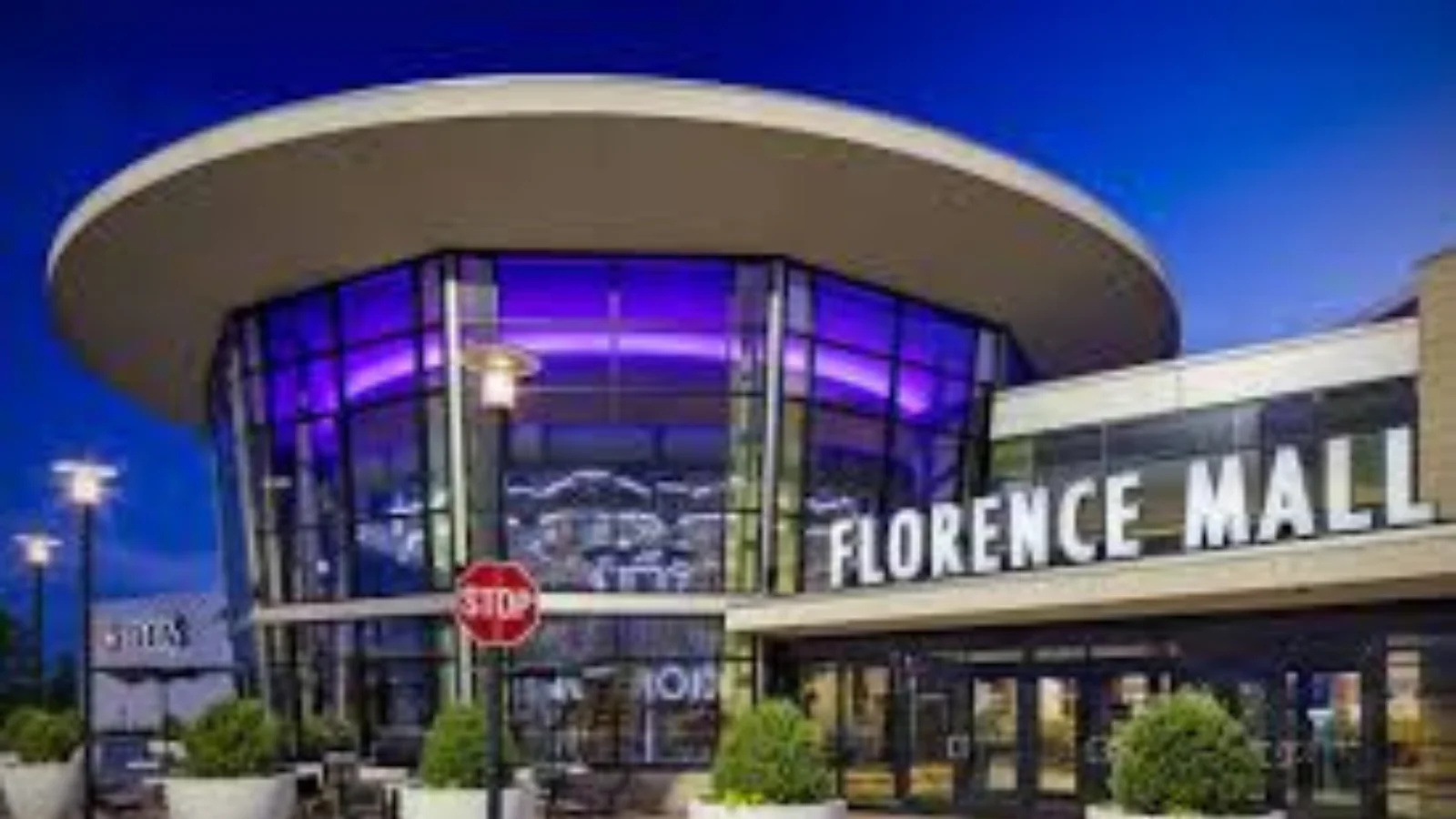Retail is undergoing significant changes as brands increasingly adopt personalization to offer tailored shopping experiences. The year 2025 sees several innovations in this area.
AI-powered styling is becoming a staple, with virtual stylists using artificial intelligence to analyze consumer preferences, past purchases, and style choices. This technology recommends personalized outfits, making online shopping more intuitive and ensuring that consumers receive options aligned with their tastes.
Another trend is made-to-measure clothing. More brands are offering custom-fit pieces that allow shoppers to select their exact measurements. This approach not only ensures a better fit but also helps reduce excess inventory and waste within the fashion industry.
Monogramming and custom accessories are gaining popularity as well. Shoppers can now personalize handbags, jewelry, and clothing with initials, names, or custom designs for a unique touch. Both luxury brands and mainstream retailers are offering these personalization options to make products more meaningful.
In the beauty sector, customization is also on the rise. Beauty brands provide customized foundation shades and skincare formulas tailored to individual skin concerns. These custom beauty products ensure customers receive items that perfectly match their needs and preferences.
Brick-and-mortar stores are enhancing customer experiences through interactive in-store technologies such as 3D body scanners, virtual try-ons, and product customization stations. These tools create an immersive shopping experience that bridges the gap between digital and physical retail environments.
Overall, the shift toward personalization is redefining retail by making shopping more interactive, tailored, and unique for each consumer.
 Alerts Sign-up
Alerts Sign-up





